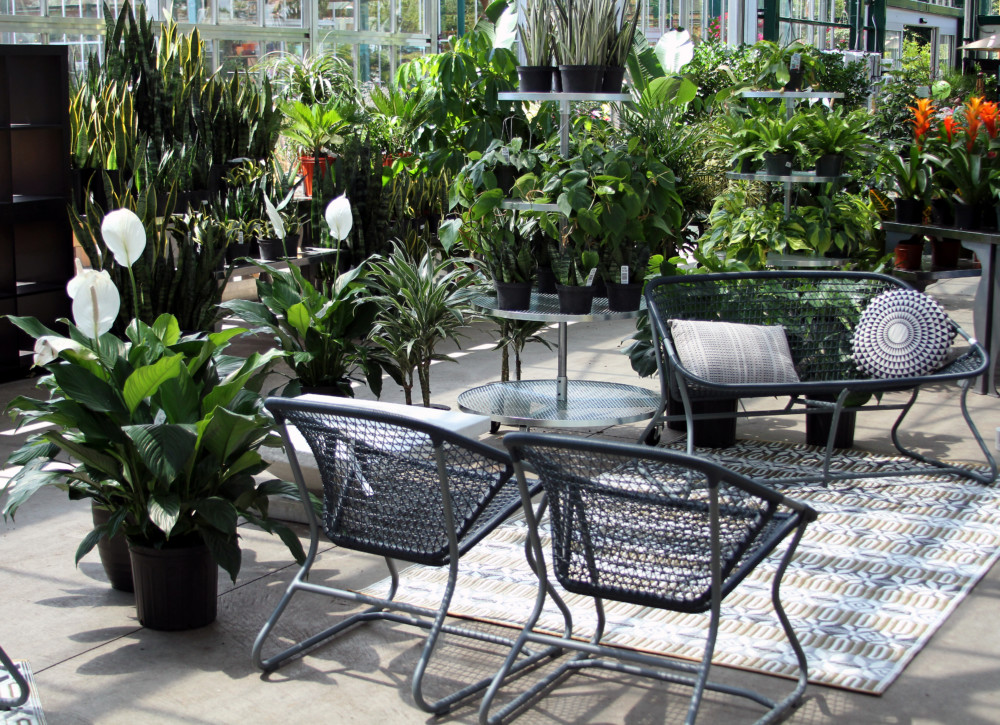
All About the Neighbors
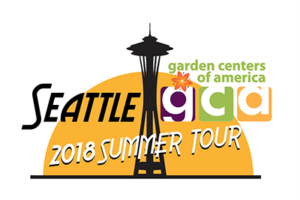 Want to See Swansons Nursery? Join the GCA Summer Tour!
Want to See Swansons Nursery? Join the GCA Summer Tour!
The Garden Centers of America (GCA) Summer Tour has announced a full roster of 15 host garden centers, including Swansons Nursery, in and around Seattle for the 15th annual event, taking place June 24-27, 2018.
Indie garden center retailers from all over the country will gather to network and get energized with new ideas from the tour’s featured destinations, from trendy urban garden boutiques to established fourth- generation independents and a nursery/winery combo with a view of Mount Rainier.
Bring along your battery packs and portable chargers because your cameras are going to be busy capturing new revelations in merchandising, signage and selling to take back to your store. In addition to your devices, bring your toughest questions to ask the retailer sitting next to you: The GCA Summer Tour is as much about the conversations you’ll have on the bus as the retail gems you’ll discover at each stop.
If you hop on the bus, here’s what you’ll be seeing:
Monday, June 25
• West Seattle Nursery & Garden Center, Seattle • Watson’s Greenhouse & Nursery, Puyallup
• Windmill Gardens, Sumner
• Rainier View Winery & Nursery, Graham
• Branches Garden Center, Auburn
Tuesday, June 26
• Wells Medina Nursery, Medina
• Ravenna Gardens, Seattle
• Magnolia Garden Center, Seattle • Pike Place Market, Seattle
• Swansons Nursery, Seattle
Wednesday, June 27
- Molbak’s Garden + Home, Woodinville
- Sunnyside Nursery, Marysville
- McAuliffe’s Valley Nursery, Snohomish
- Flower World Inc., Snohomish
- Li’l Sprout Nursery & Garden Center, Mill Creek
- Sky Nursery, Shoreline
GCA Summer Tour Seattle is not restricted to GCA members and is open to all independent garden center retailers. For more information or to register, visit www.gardencentersofamerica.com.
Swansons Nursery has a long history in the Crown Hill neighborhood of Seattle, Washington, opening at its current location more than 90 years ago. A lot has changed from the Roaring ‘20s to today, but the mission of helping their neighbors love growing as much as they do has remained the same.
Lawn & Garden Retailer spoke with Brian Damron, president of Swansons Nursery, who has been with the business for 12 years.
L&GR: What makes Swansons Nursery unique?
Brian Damron: What sets Swansons apart is our focus on the customer experience, and that’s a broad answer, but this isn’t a strategy that we’ve adopted to remain competitive in today’s retail market; it’s been a core philosophy with varying levels of implementation over the years.
That’s not just customer service although a lot of people think that. Customer service is a major part of that, but it’s everything between that and how full your tables are on Monday morning versus Friday afternoon and the experience the customers get when they show up on a Monday morning and how you look to them as opposed to how you look on Saturday morning.
Our team is the foundation of our business. We have a group of very talented people here that work very hard and care deeply about our business. They make it all happen.
Each year I have meetings with staff in small groups, and I make it very clear that our marketing platform is based around one thing, that we try to get the bodies here in the store so you can hook them for life and make sure they have a good time when they’re here.
We do that day in and day out. As a group, our staff is what makes this company as strong as it is, and that’s every single member.
L&GR: How do you get new customers?
Damron: We’re not selective in who we market to as much as what kind of business we want to be.
One of those things revolves around people who want to learn more about gardening and horticulture, particularly who are newer to it.
The center of our workshop program is really tailored for kind of taking the edge off and trying to break down some of those barriers that newer customers have to a garden center.
We also have the kid’s club stuff that is really about our kids being a family-oriented business. We have a lot of people in our area here who are younger and have families who are at that age.
Part of that is driven by me being in that phase of my life. I have two kids — one is 10 and one is about to turn 7. Seeing how parents respond to businesses who include their children is an important thing to me.
Most of the events are free walk-ins, and you don’t necessarily need to register. We’ll take a section of one of the buildings and set up and try to prepare for as many people as may come.
It’s more of a “we’re just set up here and you’re welcome to bring your kids.” We don’t charge anything for some of them, and for others there may be a small fee or we ask for a small donation at the end. We want to be a good host to family in our areas.
We’re located in a neighborhood — we’re not out on a busy thoroughfare — so being a place where our neighbors can bring their children for an afternoon or a weekend event is important to us.
Almost every year I sit down with all employees in groups of five and we talk about the promise to be partners to our neighbors and what it means to me and what it means to the community.
L&GR: You launched a new marketing campaign in 2014. Can you explain what it is and if it’s still going strong?
Damron: Around 2011, 2012, 2013, we were seeing a lot of stagnation in the industry and then with our own store we were kind of seeing some flat revenues and not a lot of enthusiasm about what we wanted to do in the future.
This was also the time I was taking over as president, so I was having a lot of thoughts about that and engaged with an outside partner to come up with a marketing campaign, since we didn’t have the marketing capabilities internally.
We wanted to have new customers in our store and younger customers, older customers; it didn’t really matter what age they were as much as we wanted new customers and in particular new homeowner customers. We wanted the ones that go to Home Depot to buy a lamp that they’ll see they have plants and they could be our customer.
We really wanted to show the community that we were No. 1 the experts in the area but that we actually give a darn and the prices that you pay at our store are because of other additional stuff you get behind it.
I put this idea out to the agency, and they came back with this Grow With Us campaign that had a lot of stuff we had to change internally. The thing that got the most attention was the #heyswansons social media portion of it, since it was one of the most externally facing things that not only got a lot of attention from customers but also from industry people even outside our industry. We won a national advertising award and a lot of other things.
With #heyswansons we engage with our customers continually, and that’s still up and running. The whole point of this and the whole growth of this campaign was built on one word: partner.
When you come and buy plants here with us, or even if you don’t and you want to know about gardening, we’re the partner who’s going to help you with that. The entire social media presence is based about that.
Another part of this was I didn’t want to create something that became so burdensome like it being something we just have to do. We’ve settled into a really nice rhythm where we can handle it internally without adding staff, and there are peaks and valleys depending on the time of year, but there’s a very consistent group of customers and level of activity.
It gives us a window into people’s yards, which I love to see what they’re working on and what they’re doing.
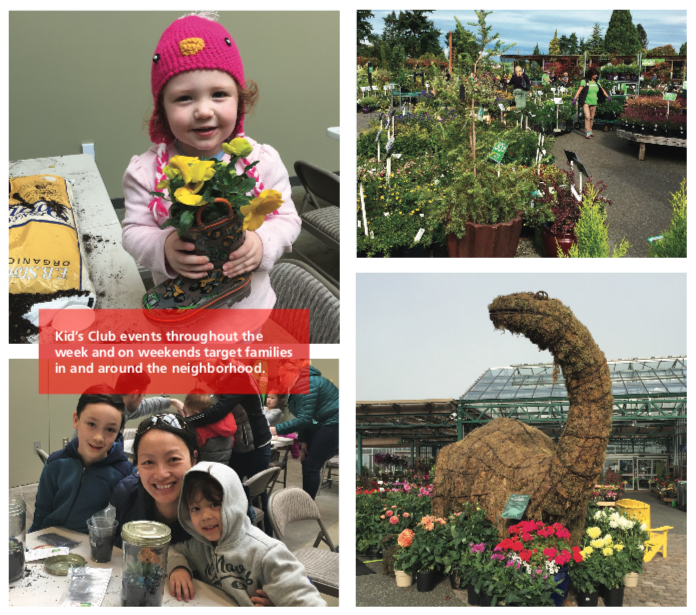 L&GR: You have a building dedicated to indoor houseplants, the gift shop and a café. What are customers looking for when it comes to houseplants?
L&GR: You have a building dedicated to indoor houseplants, the gift shop and a café. What are customers looking for when it comes to houseplants?
Damron: Going back five years ago, I started to look a lot at the demographic changes that happened after the 2010 census in our immediate area. We were seeing how housing density was changing and all those other things and realizing that things were becoming denser and smaller spaces.
I looked at our houseplant representation and talking with the houseplant buyer we realized that a lot of things that are in demand are not what we’re reading about in magazines. It’s not the succulents and small 4- and 6-inch product, but what our customers were asking for and what would sell when we had them were the large houseplants.
We’re talking about the $200 to $300 fiddle-leaf figs and the accompanying containers, which can be up to $200 each and really started to change our merchandise set to match that.
To be honest, that started about five years ago and we still just can’t keep up.
It’s gotten to the point where I’ve dedicated our main central building almost half the year now where over half of it is houseplants and indoor pottery.
I think the demand has been there for quite some time. It’s just that no one has really stepped in to fill it in a lot of markets. It’s a part of interior design I’m learning just like buying new furniture.
I don’t think it’s going to be a trend that goes away anytime soon. A lot of people don’t necessarily have a large yard outside, or that could be overwhelming, but they can get started with houseplants that tend to be a gateway into more gardening.
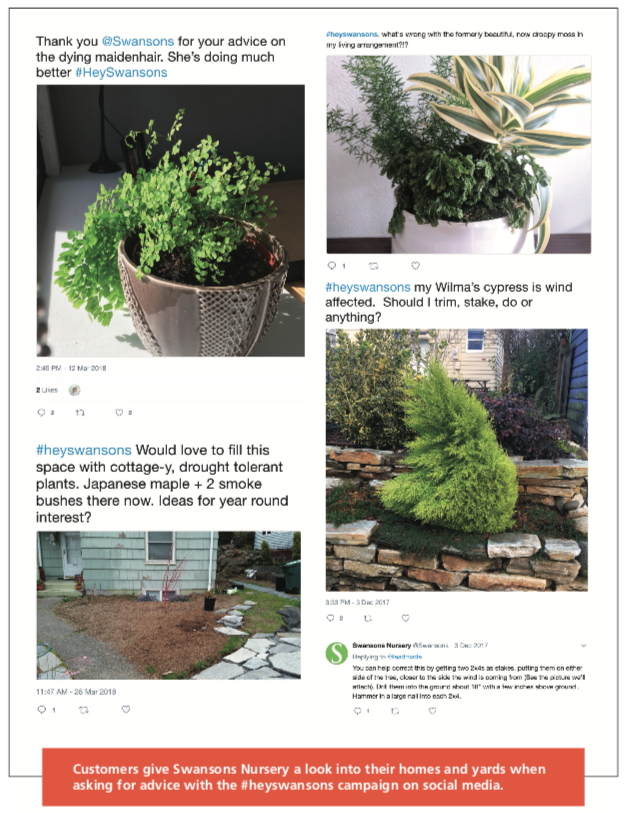 L&GR: You had a fire in August 2016. Is everything back up and running?
L&GR: You had a fire in August 2016. Is everything back up and running?
Damron: We are finally all rebuilt; it took a full year to do. It’s kind of interesting because we had just changed our POS software, which everyone in the industry knows that that’s a big deal, so literally a week after implementing a new POS software we had that fire occur.
At the time it destroyed our public restrooms and a whole corner of the conservatory building, which houses the cafe and the gift shop, so we were scrambling from that point forward. We rented this expensive batch of trailers called Royal Restrooms because preserving the customer experience is very important to us. Our buildings are also Deforche so components fabricated in Europe and shipped over here meaning they have very, very healthy lag time. It wasn’t until September of 2017 that we reopened the restrooms to the public.
I was very, very proud of our team because even though in 2016, when that happened, we lost all of our houseplant and gift shop inventory from smoke damage and this was right before starting to set up for fourth quarter, and we still pulled off a 12 percent sales gain from that point until to the end of the year. Then 2017 was one of our biggest growth years that we’ve had. It was all a blur, but we sure didn’t let it negatively affect us.
In 2017 we also lost all of seminar rooms, so we weren’t able to have a single seminar all winter, and that negatively impacted that quarter, but we were able to push past that. This year we were able to fully re-implement our seminar program.
That was a nice little A/B test where we got to do one year with and one year without seminars and see those effects, and they truly are different. We feel that seminars have a positive impact especially when there’s negative weather in the beginning of the year.
If anything, the fire took everyone’s mind off the annoying changes with software and showed how much the team is the foundation of our business.






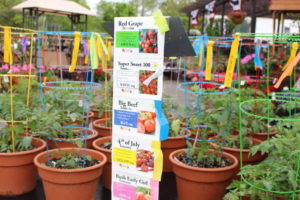
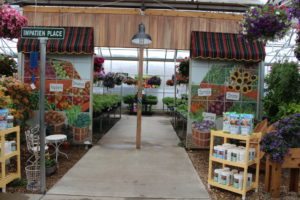
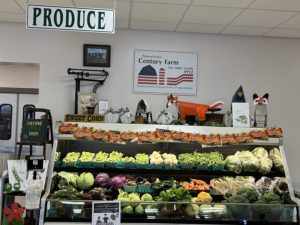
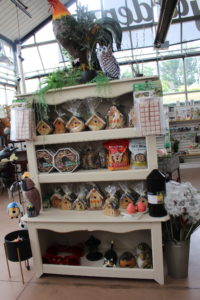
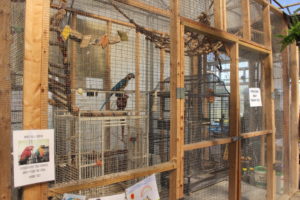
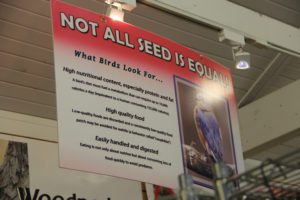
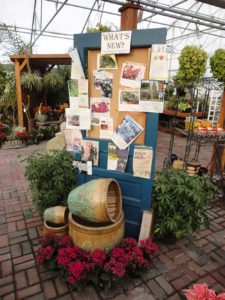
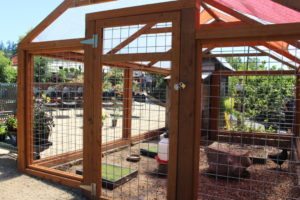
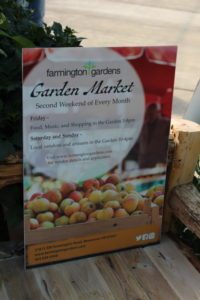
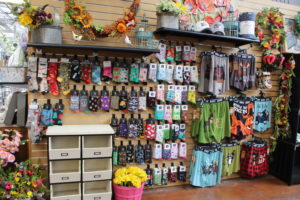
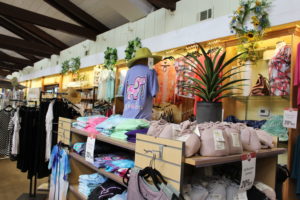
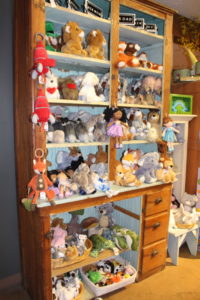
 Videos
Videos





